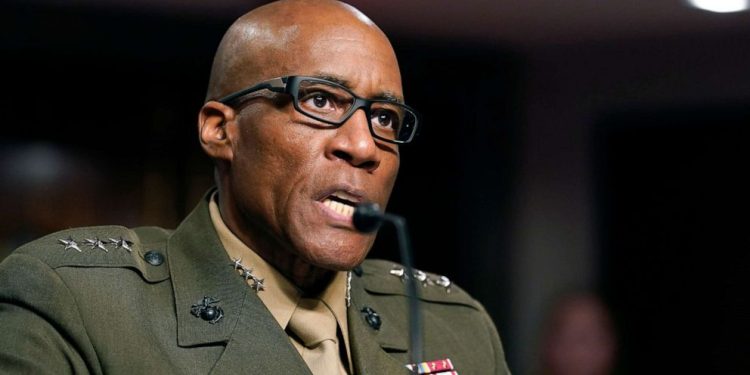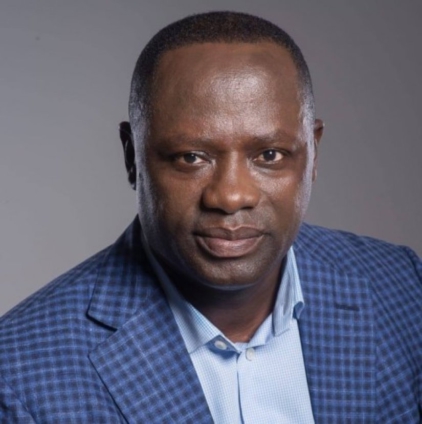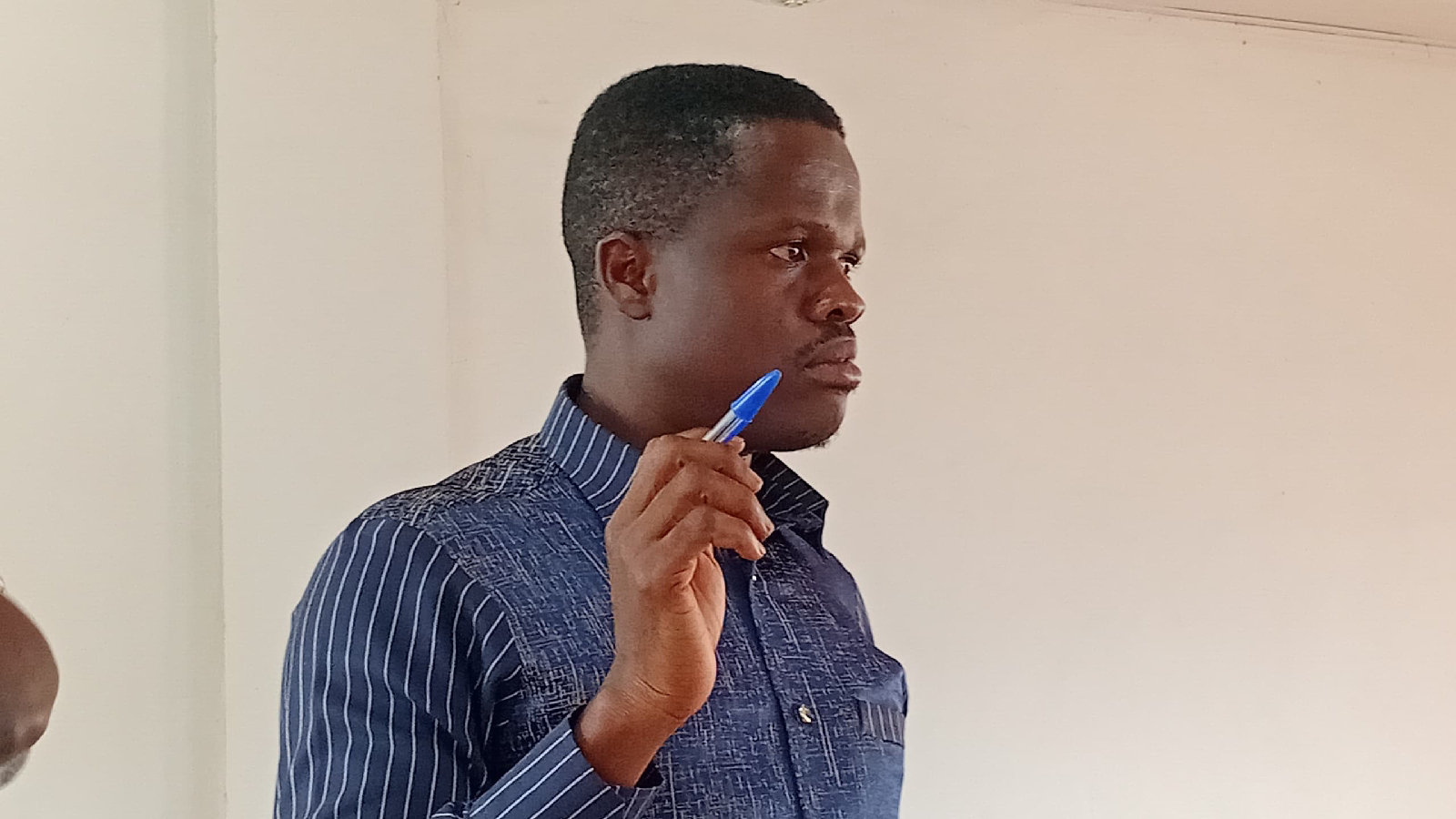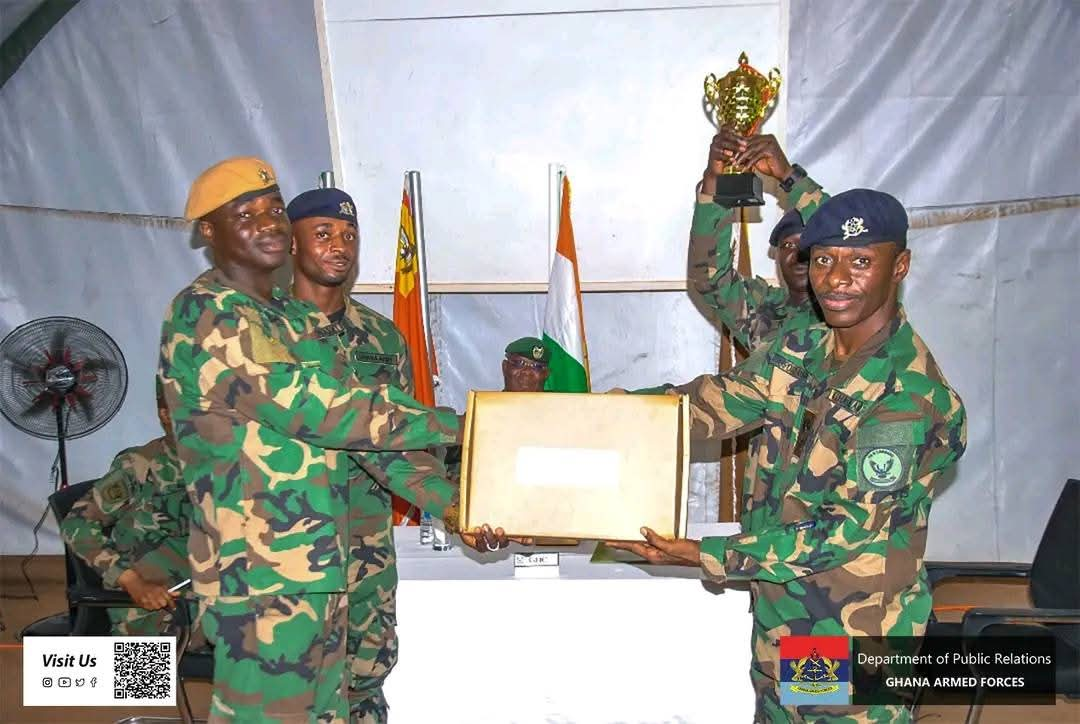The Commander of United States Africa Command (AFRICOM), General Michael E. Langley, has sounded the alarm on the growing threat of terrorism inching closer to West Africa’s coastal nations, calling for a stronger, unified, African-led approach to security.
Speaking at a virtual press briefing after the Africa Chiefs of Defense Conference in Nairobi, General Langley warned that extremist networks are steadily expanding their reach toward countries such as Ghana, Côte d’Ivoire, and Benin, nations now on what he described as the “frontlines” of the continent’s fight against violent extremism.
“One of the terrorists’ new objectives is gaining access to West Africa’s coasts,” Langley cautioned. “But African militaries are not waiting to be saved. They’re taking on security challenges head-on and leveraging opportunities for stability and prosperity.”
The high-level conference brought together senior defence leaders from over 37 African countries to chart long-term strategies for peace and security. General Langley praised the dialogue as “powerful,” noting the shift in momentum toward solutions led by African partners themselves.
Based in Stuttgart, Germany, AFRICOM is responsible for U.S. military operations across the African continent. Langley emphasised that America’s role is not one of command, but of support, bolstering African capabilities through training, intelligence sharing, and institution-building.
“Security is rooted in the strength of communities,” he said. “Militaries must be deeply integrated into the societies they protect if safety and prosperity are to be lasting.”
General Langley singled out Ghana, Côte d’Ivoire, and Benin for their resilience in resisting terrorist advances, particularly along their volatile northern borders. “Our coastal partners are fighting fiercely to prevent expansion, and U.S. AFRICOM is standing with them,” he affirmed.
He cited “Justified Accord,” a large-scale military exercise co-hosted this year by Kenya, Djibouti, and Tanzania, as a prime example of effective regional collaboration. The operation focused on readiness, interoperability, and independent capacity, the hallmarks of AFRICOM’s evolving support strategy.
Langley also turned attention to the worsening crisis in the Sahel, describing it as the “epicentre of terrorism.” Countries like Mali, Niger, and Burkina Faso, he said, are facing relentless pressure from armed groups affiliated with ISIS and al-Qaeda. “In Burkina Faso especially, the government has lost control of large territories,” he noted gravely.
In East Africa, AFRICOM has escalated its operations, conducting over 25 airstrikes in Somalia this year alone, twice the number recorded last year, in support of Somali-led efforts against jihadist forces.
Despite the bleak security outlook in some regions, General Langley highlighted signs of hope and resilience. Recalling a recent visit to Algeria, he shared how a local youth robotics team was using technology to tackle community challenges. “That is proof that African innovation will be a force of stability in the future,” he said with optimism.
As his tenure as AFRICOM commander nears its close, Langley reaffirmed Washington’s commitment to Africa, not through charity, but through partnership.
“A safe, stable, and prosperous Africa is not a charitable goal,” he concluded. “It’s a strategic necessity for both the United States and its African partners.”













